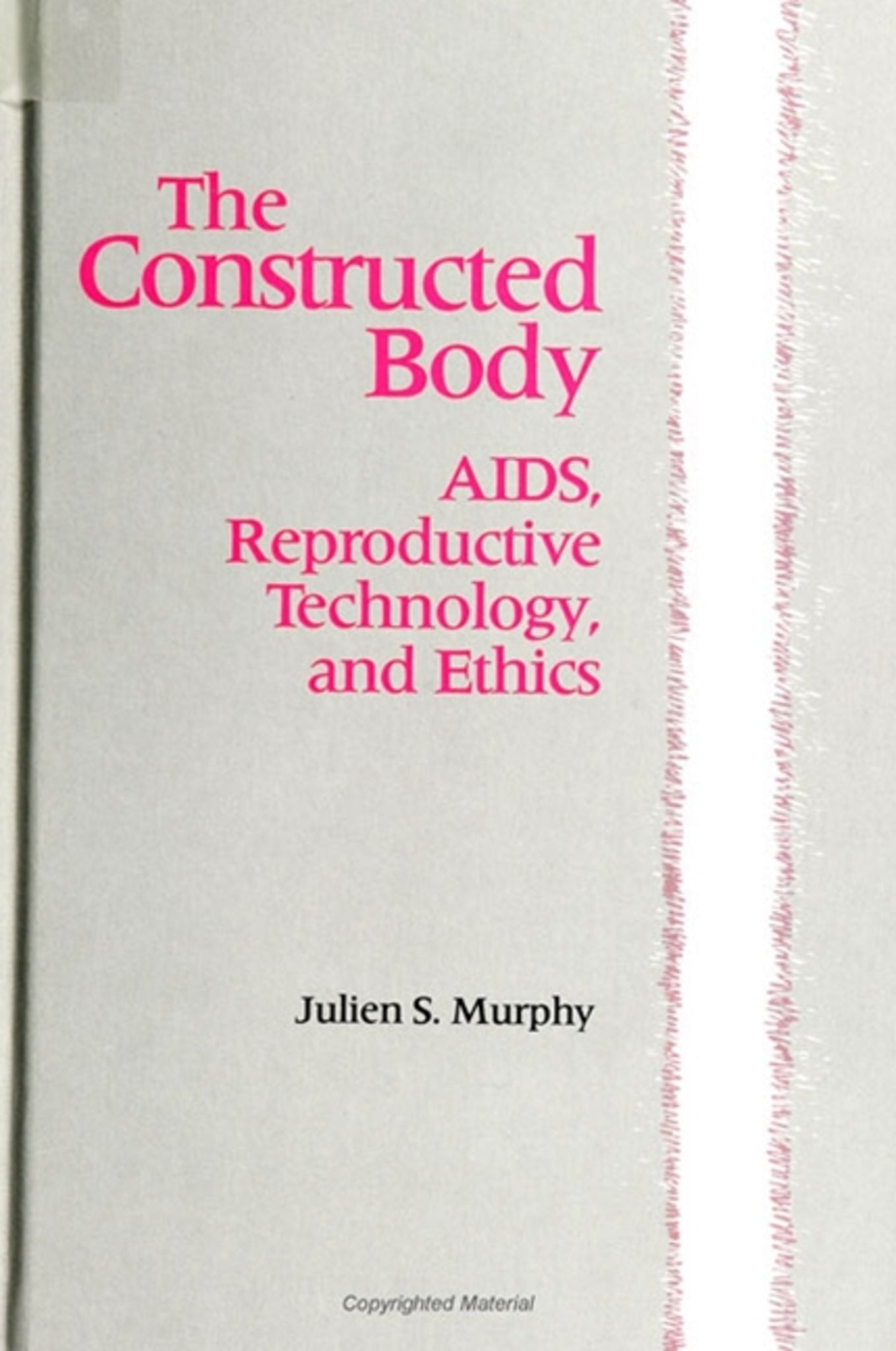We're sorry. An error has occurred
Please cancel or retry.
The Constructed Body

Some error occured while loading the Quick View. Please close the Quick View and try reloading the page.
Couldn't load pickup availability
- Format:
-
10 August 1995

Takes a phenomenological approach to feminist issues in medical ethics: AIDS and reproductive technology.
This book contributes to new directions in medical ethics by using recent philosophical theories, such as phenomenological, deconstruction, and post-structuralism, and extends philosophical analysis to allow for the influences of politics, cultural difference, and history on ethics. The author views AIDS from several different perspectives over a period of years and addresses questions often given little attention: what are the ethical issues for women with AIDS? How has AIDS phobia become a public health issue? What ought to be society's responsibility toward children with AIDS? New ground is broken in reproductive technology by examining unusual issues in ways that illuminate current debates on women's reproductive rights, such as should brain-dead pregnant women be sustained on life-support, and should pregnancy require women's bodies or would artificial uteri be acceptable?


"This book is a fascinating read: lively, a wonderful blend of medical cases, journalistic articles, heavy philosophical analysis, and excellent empirical studies. As the author reminds us, AIDS and reproductive technology are two of the main health care issues of the twentieth century. One of them closely allied with death, the other with life." — Rosemarie Tong, Davidson College
Acknowledgments
Introduction
1. The Emergence of AIDS: Bodies in Revolt
2. Women, AIDS, and Sexual Ethics
3. Children, AIDS, and Ethics
4. The Constructed Body: Living with AIDS
5. Should Pregnancies Be Sustained in Brain-Dead Women?
6. Feminist Concerns about Ectogenesis: Is Pregnancy Necessary?
7. Toward a Feminist Ethics for Health Care
Notes
Index



